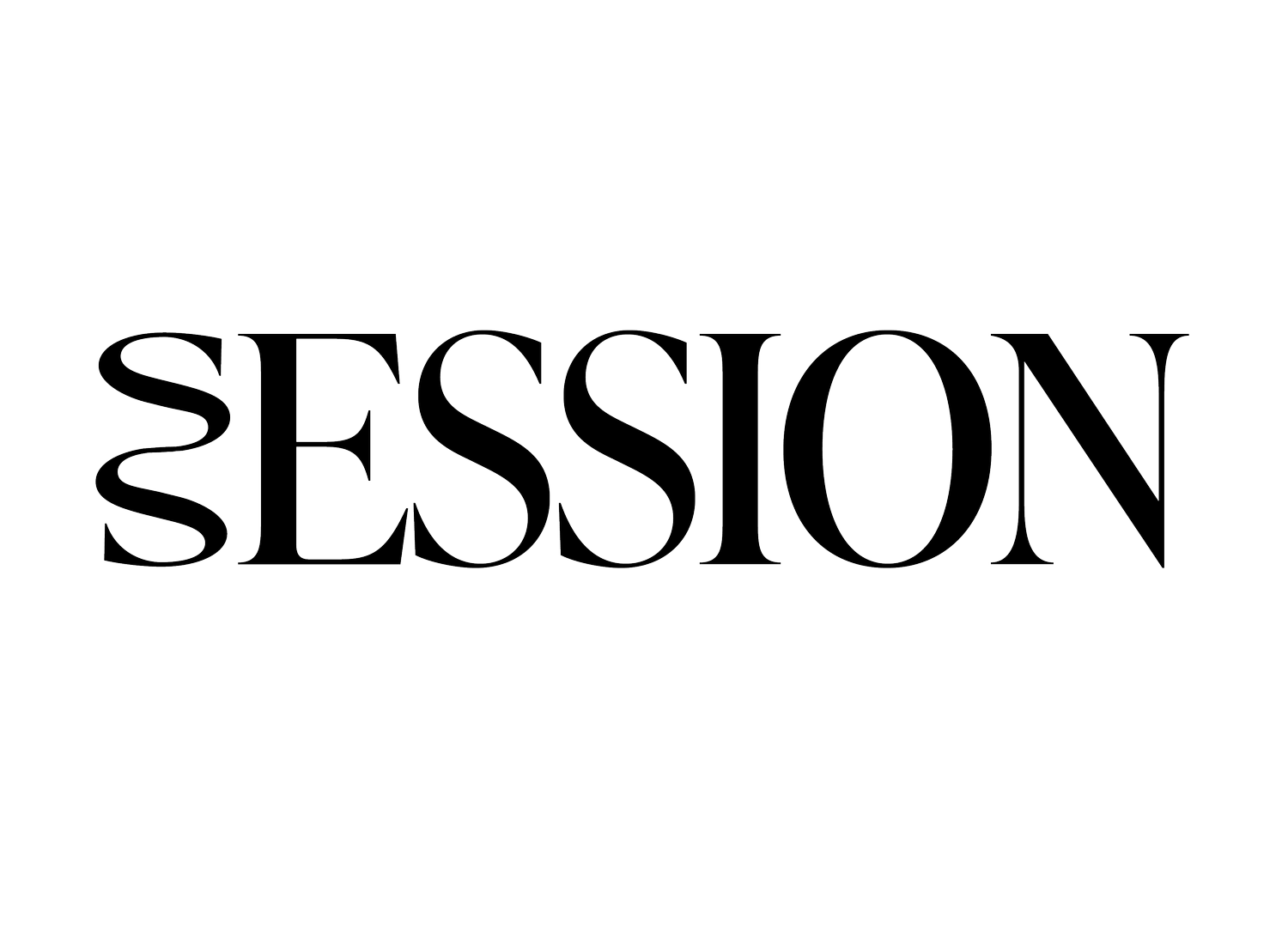Why do so many high achievers & career focussed individuals STRUGGLE WITH PERSONAL RELATIONSHIPS?
It's no secret that individuals in demanding roles often find themselves at a crossroads, trying to navigate the complexities of succeeding professionally while maintaining healthy and fulfilling personal connections. In this piece, we explore the myriad reasons why people in high-stress jobs frequently encounter challenges in their relationships. From the relentless demands on their time to the subtle yet profound ways stress can infiltrate personal life, we unpack the factors that contribute to this delicate dynamic. Whether you're a high-flying executive, a healthcare professional, or someone in a similarly intense field, this article aims to shed light on the common struggles faced and offers insights into finding a harmonious balance. So, let’s dive in and explore the nuanced interplay between professional pressure and personal relationships.
People in high-pressure roles or careers often face challenges in maintaining relationships due to several interrelated factors:
Time Constraints: High-pressure jobs often require long hours, travel, and unpredictable schedules, leaving less time for personal relationships. This can create a sense of neglect or disconnect between partners, as the person in the high-pressure role may miss important events, milestones, or everyday moments.
Stress and Its Impact: The stress associated with demanding jobs can spill over into personal life. Individuals may bring home their work-related stress, impacting their mood and behavior around their partners and family. This can lead to conflicts, misunderstandings, and a strained atmosphere at home.
Work-Life Balance Challenges: Striking a balance between professional and personal life can be particularly difficult for those in high-pressure roles. The intense focus on career success often comes at the expense of personal time, leading to an imbalance that can strain relationships.
Communication Barriers: Effective communication is crucial for healthy relationships. However, individuals in high-pressure roles may struggle to communicate effectively due to the mental and emotional toll of their work. They might find it challenging to express their feelings or be less receptive to their partner’s needs.
Differing Priorities and Values: Sometimes, individuals in demanding careers prioritize their professional success over personal relationships. This can lead to a misalignment of priorities and values between them and their partners, causing friction and dissatisfaction.
Emotional Unavailability: The mental and emotional demands of high-pressure roles can leave individuals with little energy to invest in emotional intimacy. This unavailability can create a gap in the relationship, where emotional needs are not adequately met.
Impact on Physical Health: High-stress jobs can take a toll on physical health, affecting energy levels, sleep patterns, and overall well-being. This can indirectly affect relationships, as physical health issues can limit the ability to engage in shared activities or affect sexual intimacy.
The combination of time constraints, stress, challenges in work-life balance, communication issues, differing priorities, emotional unavailability, and impacts on physical health can contribute significantly to relationship issues in individuals with high-pressure careers. Addressing these challenges often requires conscious effort to prioritise personal relationships, effective communication, and finding ways to manage stress effectively.
